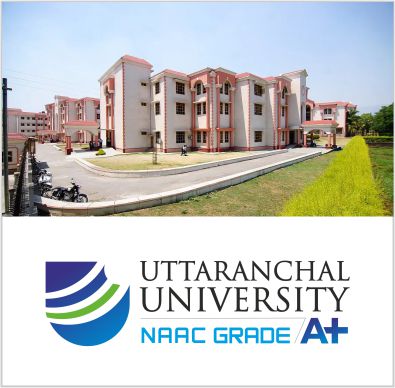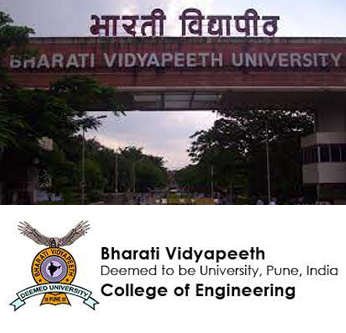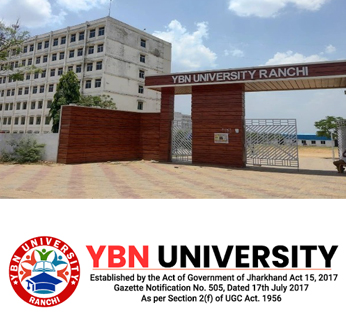Degree – Master
Full Form – Master of Business Administration
Duration – 2 Years
Eligibility – Graduated

A title
Image Box text
Master of Business Administration
MBA (Master of Business Administration) is a popular postgraduate management course available in various specializations like Finance, Marketing, HR Management and Supply Chain Management. The duration of the MBA course is 2 years. MBA courses are spread across 4 semesters, each focusing on different areas of management, business, leadership skills, and problem-solving skills.
MBA Eligibility Criteria vary depending on the college: Tier 1 MBA colleges like IIMs seek high graduation scores (50 – 60%), CAT 80+ percentile, and conduct written test and personal interview, and in some cases 2-3 years of work experience is preferred. Tier 2 colleges, such as XLRI and ISB require 50 – 55% in graduation accept XAT, GMAT, or CAT scores, and conduct WAT-PI. Tier 3 colleges have relaxed criteria (50%+ graduation scores) and accept CAT, MAT or CMAT, and while work experience isn’t mandatory, it can be beneficial.
IIM Ahmedabad, IIM Bangalore, IIM Kozhikode, IIM Calcutta, and IIT Delhi are the Top MBA Colleges in India. The average Fee for MBA Courses ranges between INR 10 – 20 lakhs.
Depending on the college and specialization, the average Salary After MBA ranges between INR 15 – 30 LPA. Candidates pursue an MBA course to get into senior/leadership/managerial roles like Sales Manager, Finance Manager, Project Manager, HR Manager, etc. Salary hikes and better career opportunities are the top reasons why MBA is a preferred choice after BTech, BBA, BSc, BCom and similar graduate degrees.
Reasons to do MBA in 2024
MBA helps to upskill and get exposure you do not get during a bachelor’s degree. No other degree other than MBA focuses on refining soft skills like communication in a business environment, leadership, problem-solving, teamwork, and negotiation. As you study MBA, you get the knowledge of business and management sectors. The Top Reasons to Do an MBA Degree are:
- Leadership Skills: MBA degree teaches candidates to become better professionals. It teaches how to deal in a professional environment, especially focusing on communication, leadership, and negotiation skills.
- Soft Skill Development: No matter what MBA specialization they choose, even a general MBA is essential for soft-skill development. Top Recruiters for MBA Graduates look for candidates who have leadership and problem-solving skills.
- Diverse Career Options: Pursuing an MBA degree will help students understand all the types of leadership opportunities available in the industry. It helps students to choose the right career path based on their area of expertise.
- Industry Knowledege: MBA not only enhances industry-specific knowledge through the curriculum but also allows candidates to enhance their understanding of different industries, because of the diverse backgrounds of their classmates, each with a minimum of 2-3 years of work experience, fostering insightful peer learning, Read How Work Experience Affects MBA Admissions.
- High Salary: MBA After BTech is ideal as it offers better compensation and is ideal for those who want to shift into development or project management roles. An MBA degree can significantly boost a BTech graduate’s average salary from 4-5 LPA to 20 LPA.
- Better Placements: MBA colleges are known for their placement opportunities. Although the salary after an MBA degree depends on the college and type of MBA, the average MBA Placements in IIMs range between INR 25 – 30 LPA.
Key Highlights of MBA Course

Flexible Learning Mode:

Updated Course Curriculum:

Doubt clearing session:

Write the exam in your chosen language:
Your One Stop Solutions

Fill The Basic Details
Get one step closer to your dream career with the right course.

Select Your Course
Help us know you better with basic information & few questions.

Explore Your Option
Don't limit yourself, explore top universities with our specially designed list

Compare & Get The Best
Compare top universities on different aspects like Student rating, Govt Approvals.
Admission Process
(How to Apply?)

Submit Form
Fill in and submit your application form online.

Expert’s Counseling
You will receive a call from our expert counselor

Choose University
Select the course & university according to your interest

Online Payment
You need to make a smooth online fee submission

Admission Confirmation
You will get an admission confirmation on your Email
Let's Clear up some doubts ?
Technical requirements may vary depending on the course and learning platform, but typically include a reliable internet connection, a computer or mobile device, and compatible software or web browsers. Specific requirements will be outlined in the course description or syllabus.
Yes, one of the advantages of online courses is that course materials are often accessible 24/7, allowing students to study at their own pace and convenience.
Online courses typically offer communication tools such as discussion forums, email, messaging systems, and live chat sessions where students can interact with instructors and peers. Instructions for accessing these communication channels will be provided within the course platform.
Yes, online courses typically have deadlines for submitting assignments, participating in discussions, and completing exams or quizzes. It's important to review the course syllabus or schedule to stay informed about important dates and deadlines.
It depends on the course and the institution offering it. Some online courses offer certificates of completion or professional development credits, while others may be eligible for transfer credit at colleges or universities. Check with the course provider or your academic institution for details on credit options.
Most online course platforms offer technical support services to help students troubleshoot issues with accessing course materials, navigating the platform, or using specific features. Look for contact information or help resources within the course platform for assistance.













